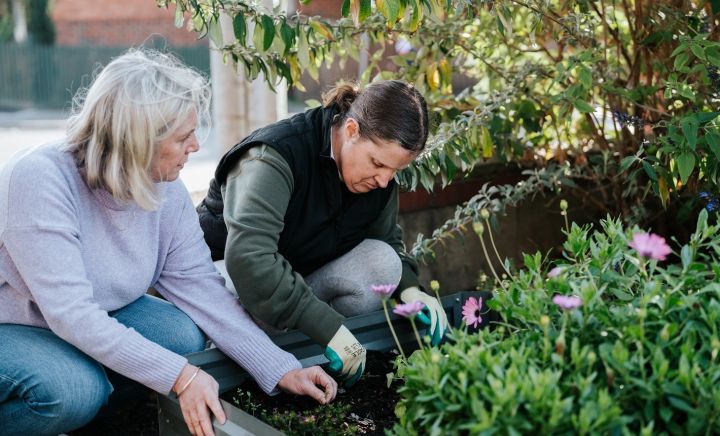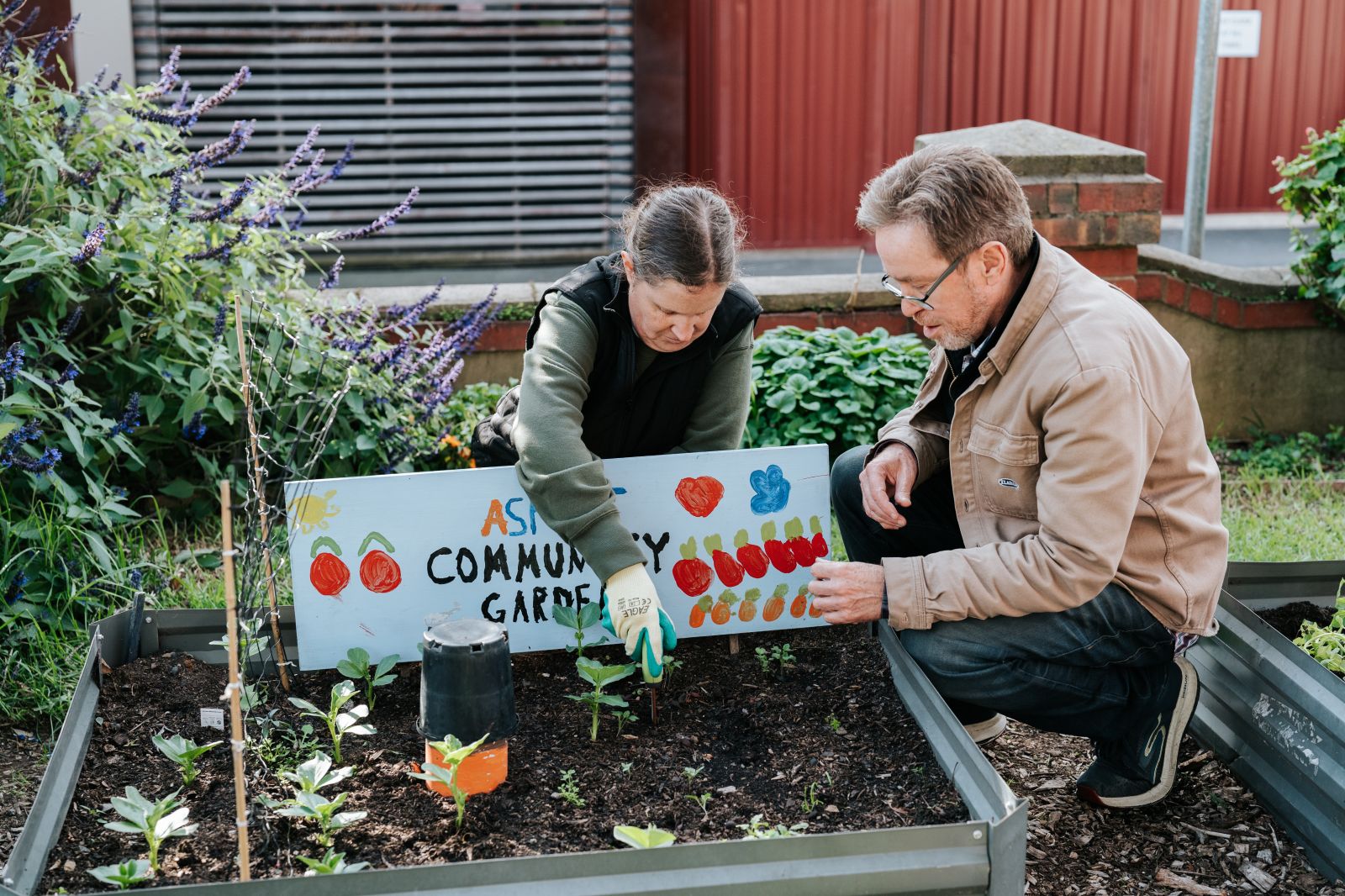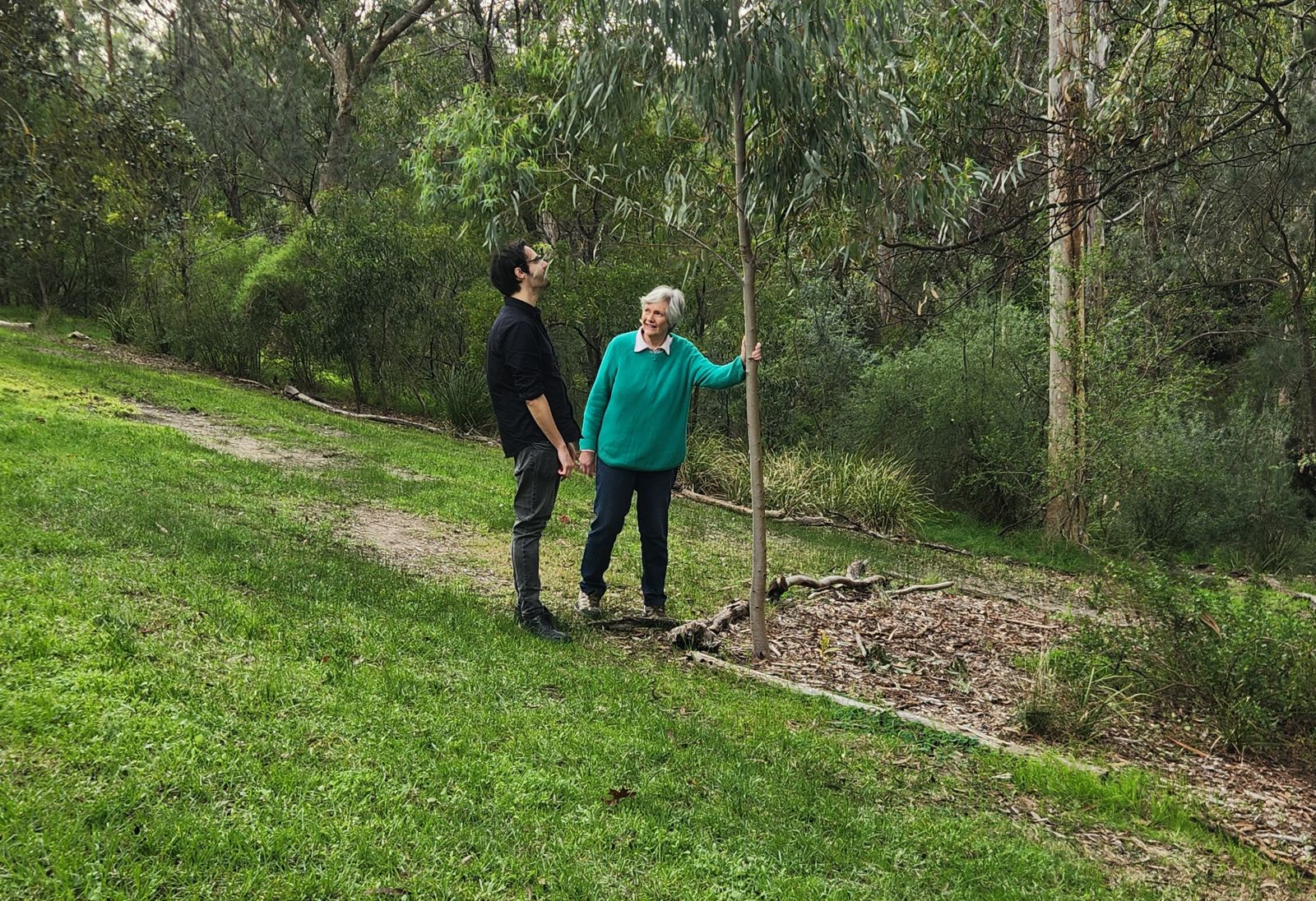I was an Aspect participant for 10 years before working for Aspect, where I now assist and welcome new participants. One of the most meaningful experiences during my time as a participant was being part of the Flora and Fauna program.
This program is an opportunity for Autistic adults to spend time in nature while learning practical skills like planting, weeding and pruning. Every week, participants from Aspect’s Adult Community Services in Hawthorn join volunteers from Friends of South Surrey Park to help restore and maintain the park. We plant native species, remove invasive weeds and learn about sustainable gardening and conservation.
What makes this program so special is how it brings people together. Ursula, one of the volunteers, shares fascinating knowledge about the park’s native plants and wildlife. She taught us about the Blue-Banded Bee and how certain plants can attract different animal species. I always appreciated learning how our work directly impacted the environment. It felt amazing to know that planting shrubs could create safe nesting spaces for smaller birds, or that pulling invasive weeds helped native plants thrive.
Personally, I found the program therapeutic. Being outdoors, away from noisy city environments which I find stressful, was a huge relief. I have a heightened sensitivity to sound, so the natural setting of the park, with bird and nature sounds was very calming. Tasks like weeding and watering were repetitive, but I find these to be relaxing and satisfying. They allowed me to focus and find a sense of calm. It’s something I know many other participants also enjoyed. The combination of physical activity and being surrounded by nature has a way of reducing anxiety and improving concentration.
One of the most inspiring outcomes of the Flora and Fauna program is seeing how it has helped participants grow. One participant, for example, secured a job in a local nursery thanks to the skills and confidence he gained through the program. Stories like his show how these initiatives can open up new opportunities.
Many participants have also shared how much they value the friendships formed during the sessions. Gardening gives us time to talk about our interests and connect with the volunteers. These social interactions, alongside the practical skills we gained, have been life-changing for many of us.
Looking back, one of my proudest moments was planting a Narrow-leaved Peppermint Eucalyptus tree. As I’m now an Autism Liaison Officer at Aspect, I visit the park with the participants and have watched it grow taller than me. It is amazing and I feel really proud. It’s a good reminder of how small actions can lead to meaningful change.
I’ve carried the skills I learned in the program into my current role at Aspect. From gardening techniques to the confidence to pursue my passions, the program has been an important part of my journey.
For any Autistic adults considering joining a program like Flora and Fauna, my advice is simple: take your time, find something you’re passionate about and be proud of every step you take. The world can be overwhelming, but there are spaces and communities where you can thrive, grow and make a real difference. Programs like this show that when we nurture both the environment and each other, we can create something truly beautiful.
The following story was written by Tom Broadley, Aspect’s Autism Liaison Officer about the gardening program at Aspect's Adult Community Services (ACS) in Hawthorn.
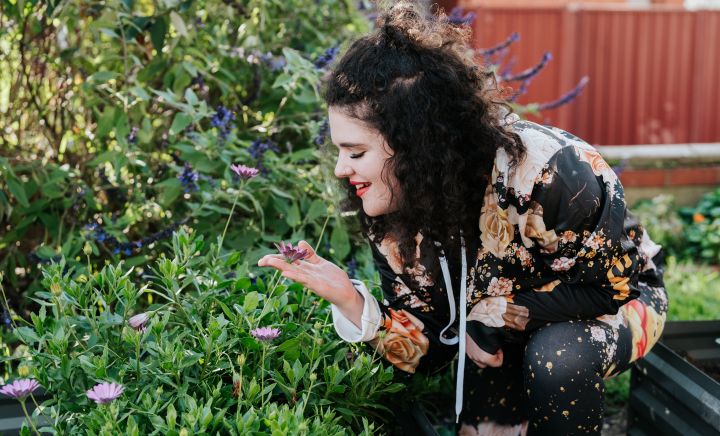
Aspect ACS locations and programs
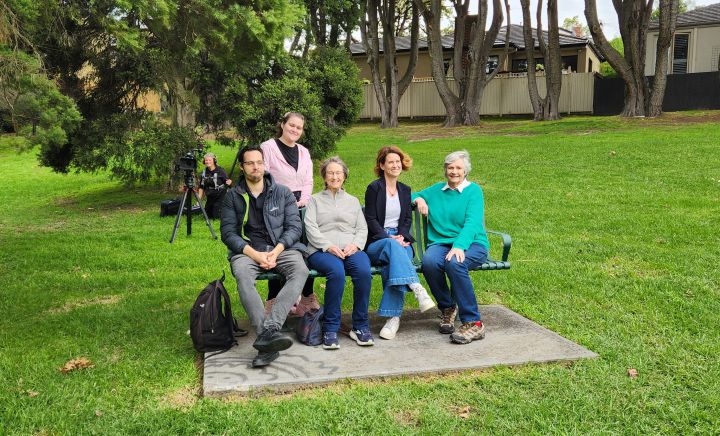
Watch the episode
